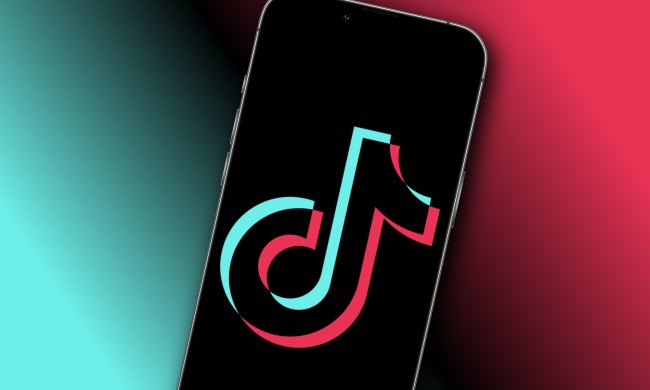Following a long period of negotiation and debate, the city of San Francisco has inked a deal with Internet service provider Earthlink to provide universal, affordable Wi-Fi Internet access for the city. The deal is one of the most high-profile metropolitan Wi-Fi efforts—and, although unnamed in the agreement, Google apparently has a hand in operating aspects of the service.
The deal calls for Earthlink to build a test network with an area of up to two square miles, the design and operation of which must be approved before the city-wide effort can proceed. Once operational, Earthlink must sell access to the network on a non-discriminatory basis; Earthlink will be required to support network roaming, but individual ISPs in the Bay Area will have to figure out how they will (or won’t) support users from the SF network to roam on to their networks.
The plan sets up Basic and Premium services; Basic service will be a symmetrical 300 kbps and available for free with user registration. The service bandwidth must increase every year to 15 percent of the "best selling wireless broadband product," if that speed works out to be faster than 300 kbps. A Premium service is also defined at 1 Mbps of symmetrical bandwidth, although no pricing is outlined, and a Digital Inclusion service will enable the city to offer access to 3,200 people at $12.95 per month. Occasional Use and Roaming access are mentioned and undefined.
The terms of the agreement call for Earthlink to pay a five percent franchise fee to the city for access to rights of way—a franchise fee may mark a first for metropolitan Wi-Fi agreements, which have usually charged pole fees or other charges for access to city infrastructure. Earthlink will pay San Francisco $600,000 in advance against right-of-way fees.
Although unnamed in the agreement, unless something radical has changed the free Basic plan will be provided by Internet giant Google, which currently operates access points in a Wi-Fi network in Mountain View. Google has planned to proffer advertising with the Basic service, targeted to individual users based on their personal information. Although the San Francisco agreement mandates personal information cannot be shared with other parties without an opt-in process, its not clear what personal information Google and/or Earthlink will require of users on its Basic service, and how the information will be safeguarded.
Earthlink has 180 days to back out of the deal; once a certain point in deployment has been reached, the agreement will run for four years, with two four-year renewals possible if the parties can agree to any changes.




